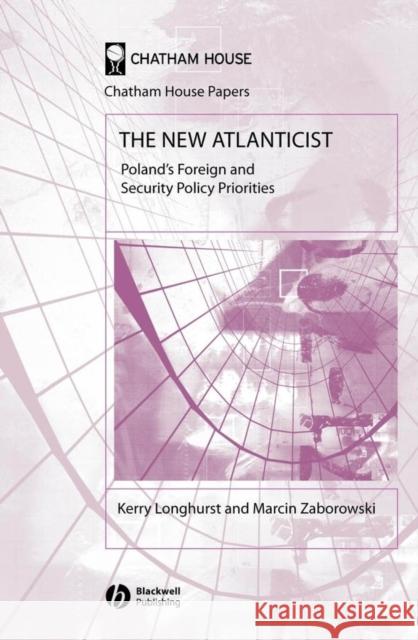The New Atlanticist: Poland's Foreign and Security Policy Priorities » książka
topmenu
The New Atlanticist: Poland's Foreign and Security Policy Priorities
ISBN-13: 9781405126465 / Angielski / Twarda / 2007 / 128 str.
This book is an authoritative account of Poland's emerging foreign and security policies and will contribute to an understanding of the foreign policy preferences of an enlarged EU.
- Evaluation of Poland as by far the largest and most vocal of all the countries joining the EU
- Exploration of Poland's strong support for US policy over Iraq, its military potential, its proven capacity to use armed force and its de facto role as a regional leader
- Argues that Poland will have a defining influence not only on the nature of transatlantic relations, but also on the EU's emerging international identity











